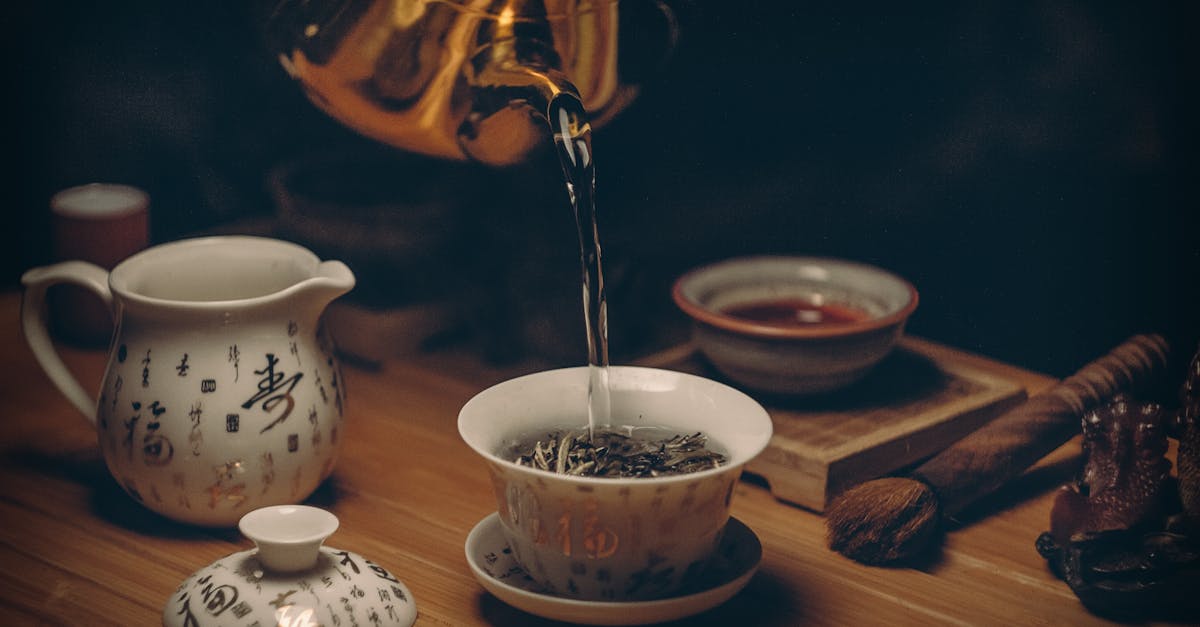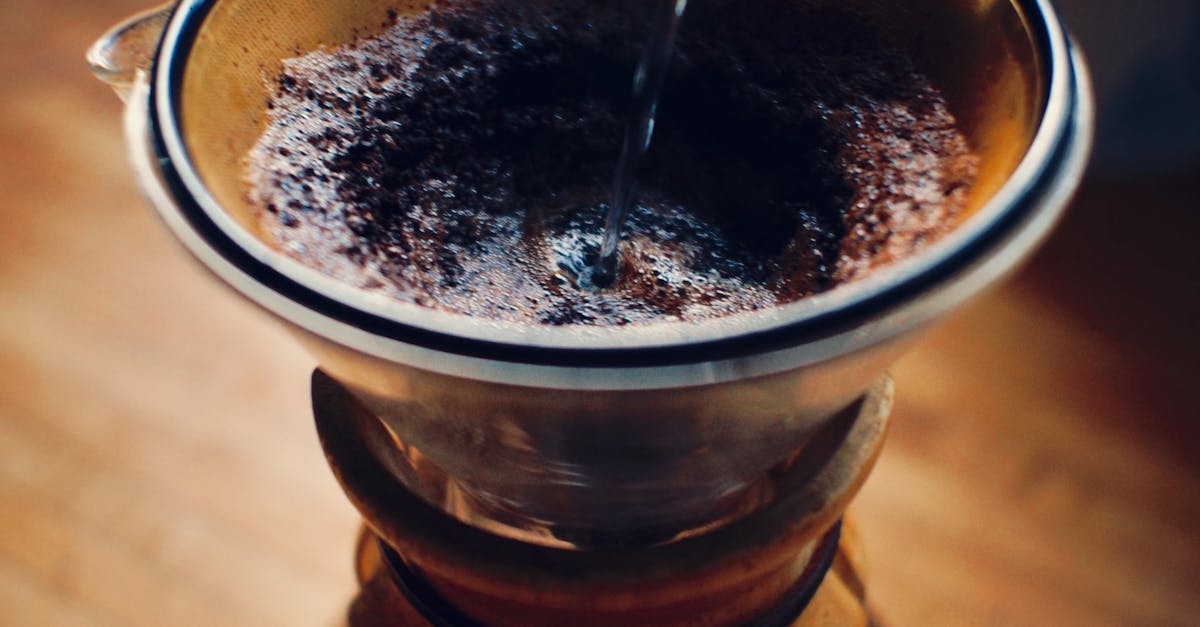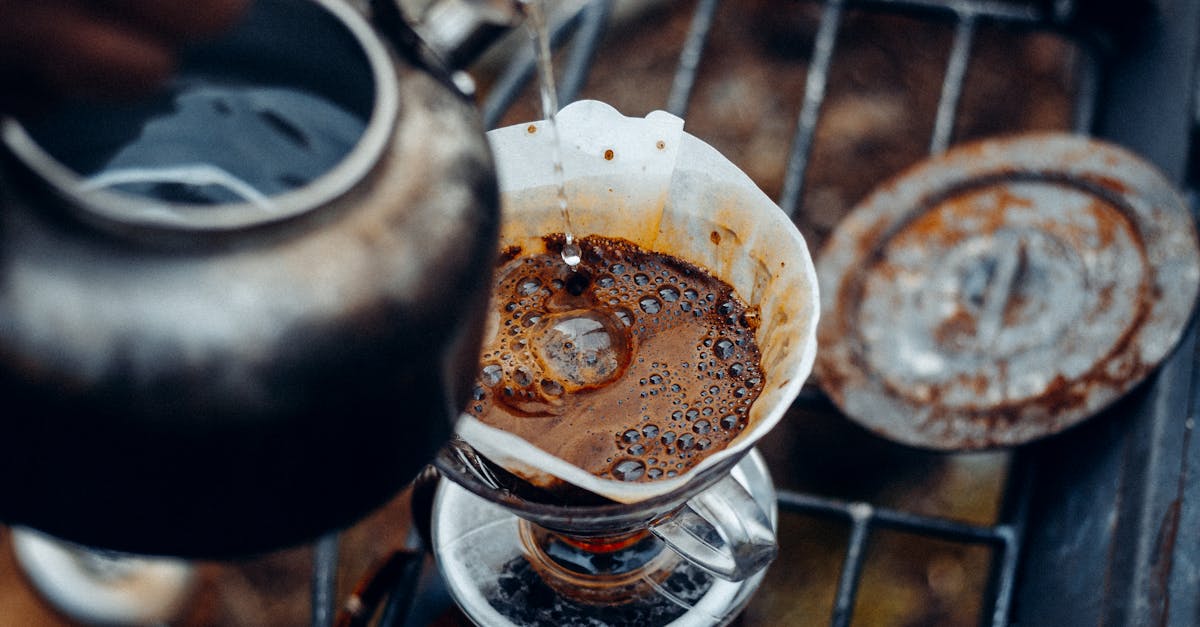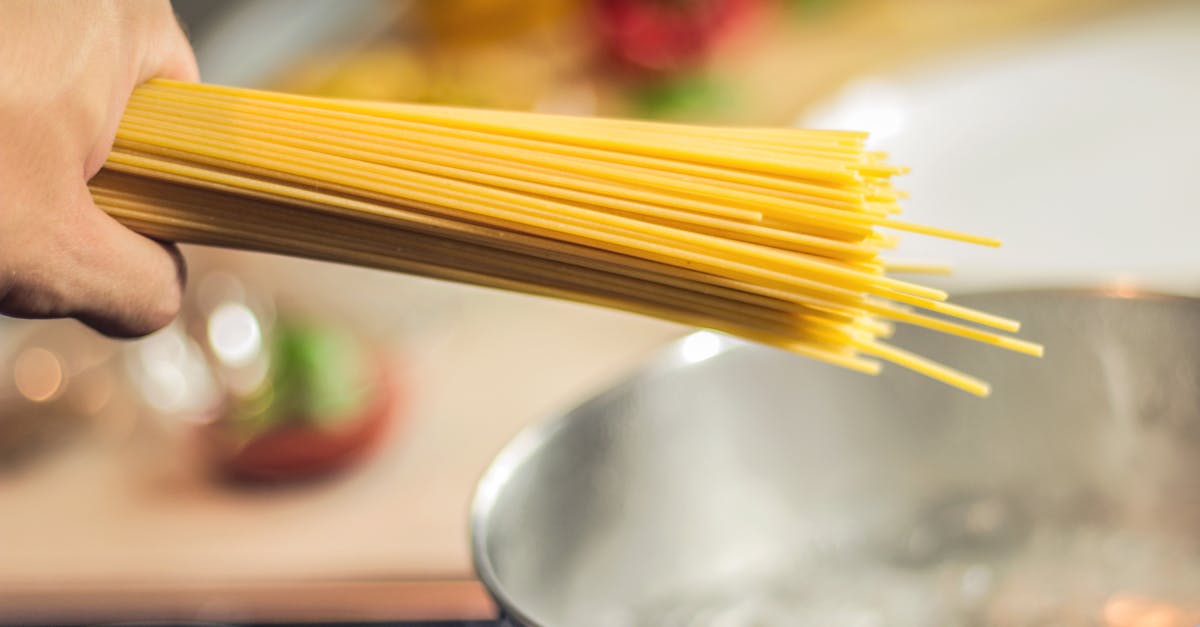
Table Of Contents
Incoming Water Temperature
The incoming water temperature significantly influences the performance of your hot water system. In colder months, the water entering your home can be much chillier than during the summer. This drop in temperature can make it challenging for water heaters to maintain higher heat levels, especially if the heater is not properly insulated or efficient.
Understanding these variations is essential for hot water system troubleshooting. Homeowners should monitor local weather patterns since extreme cold can lead to lower hot water output. If you're experiencing lukewarm water during winter months, it may simply be a case of lower incoming water temperatures affecting your heater's ability to provide hot water as usual.
Seasonal Variations
Seasonal variations can play a significant role in the performance of your hot water system. During colder months, the temperature of incoming water can be much lower than usual. This means that your water heater must work harder to heat the water to the desired temperature. If the unit is unable to keep up, you may notice that your hot water isn't as hot as it typically is.
Additionally, the efficiency of the water heater can be impacted by seasonal changes. When temperatures drop, the heater's insulation might not be sufficient to maintain heat effectively. In such cases, regular hot water system troubleshooting can identify and address issues that might be exacerbated by seasonal fluctuations, ensuring that your hot water remains consistent throughout the year.
Age of the Water Heater
As water heaters age, their efficiency typically declines. Minerals from the water supply can accumulate inside the tank, leading to decreased performance. This sediment buildup can create barriers between the heating element and the water itself, preventing water from reaching optimal temperatures. Consequently, homeowners may notice that the hot water is not as hot as it used to be. Regular maintenance can extend the life of the unit but may not completely remedy the problem.
Hot water systems generally last about 10 to 15 years, depending on the quality and type of the unit. If your heater is approaching this age range, it’s worth considering replacement options to ensure consistent hot water supply. In the context of hot water system troubleshooting, a new water heater may be the most effective solution when performance starts to wane significantly. Replacing an old unit can improve heating efficiency and reduce energy costs.
Understanding Lifespan and Efficiency
The lifespan of a water heater typically ranges from 8 to 12 years, depending on the type and maintenance it receives. As a heater ages, its efficiency tends to decline due to factors such as sediment buildup and wear on internal components. Regular maintenance and inspections can help prolong the life of the unit while ensuring it operates at optimal performance levels. When the water does not heat as it once did, this decline in efficiency may signal the need for repairs or replacement.
Understanding the efficiency of a water heater is essential for homeowners facing hot water system troubleshooting. Modern units often come equipped with energy-efficient features, but even the best systems will underperform if they aren't maintained properly. Regular flushing of the tank to remove sediment and checking the anode rod can prevent build-up issues that impair heating capability. If efficiency remains low despite routine care, it may be time to evaluate whether the current unit meets the household's demands or if an upgrade is necessary.
Plumbing Problems
Plumbing issues can significantly impact the performance of your hot water system. Leaks in the pipes or fittings can cause diminished water temperature as hot water escapes before reaching your faucet. Even minor leaks may lead to substantial energy waste, affecting your overall hot water availability. Clogs in the plumbing can also restrict water flow, resulting in less heated water being delivered to your taps. Regular inspection and maintenance are crucial for identifying and addressing these concerns.
Hot Water System Troubleshooting often reveals plumbing-related problems that can easily go unnoticed. Blocked aerators or showerheads can reduce water pressure, making the hot water seem less hot than it should be. Additionally, sediment buildup in pipes can contribute to uneven heating. Identifying these plumbing issues promptly ensures efficient hot water delivery and helps maintain a consistent supply. Ensuring your plumbing system is functioning correctly is essential for enjoying the comfort of hot water in your home.
Identifying Leaks or Blockages
Leaks or blockages in your plumbing system can significantly impact the performance of your hot water heater. A common issue involves the pipes leading to and from the water heater. If there are any leaks, the hot water may lose heat as it travels to your faucets. Even a slow leak can cause a noticeable drop in temperature. Additionally, sediment buildup or mineral deposits can restrict water flow, leading to insufficient heating and reduced pressure.
When conducting hot water system troubleshooting, it is essential to inspect all visible pipes and connections for any signs of moisture or corrosion. Check for unusual sounds from the water heater, such as banging or gurgling, which may indicate trapped air or a blockage. A thorough examination can help identify the root cause of the problem, allowing for timely repairs and ensuring your water heater operates efficiently. Regular maintenance can also prevent these issues from recurring.
FAQS
What can cause my hot water to be lukewarm?
There are several reasons for lukewarm water, including incoming water temperature changes, the age of your water heater, and potential plumbing issues like leaks or blockages.
How does seasonal variation affect hot water temperature?
Seasonal variations can significantly impact incoming water temperature, particularly in colder months when the temperature of the water entering your home is lower, making it harder for the water heater to achieve high temperatures.
How long can I expect my water heater to last?
The lifespan of a water heater typically ranges from 10 to 15 years, depending on the type, maintenance, and water quality. An older unit may struggle to heat water effectively.
What signs indicate that my water heater needs maintenance?
Signs that your water heater may need maintenance include inconsistent water temperature, unusual noises, rust-colored water, or leaks around the unit.
Should I consider replacing my water heater if it’s over ten years old?
If your water heater is over ten years old and showing signs of decreased efficiency or consistent problems, it may be time to consider a replacement to ensure you have reliable hot water.





























